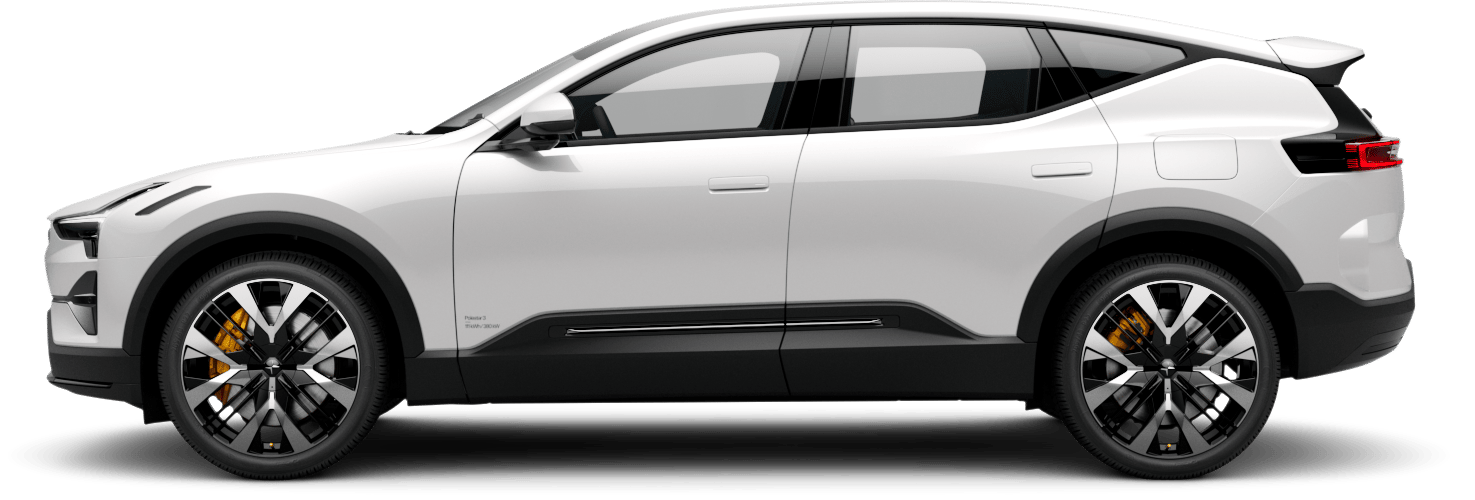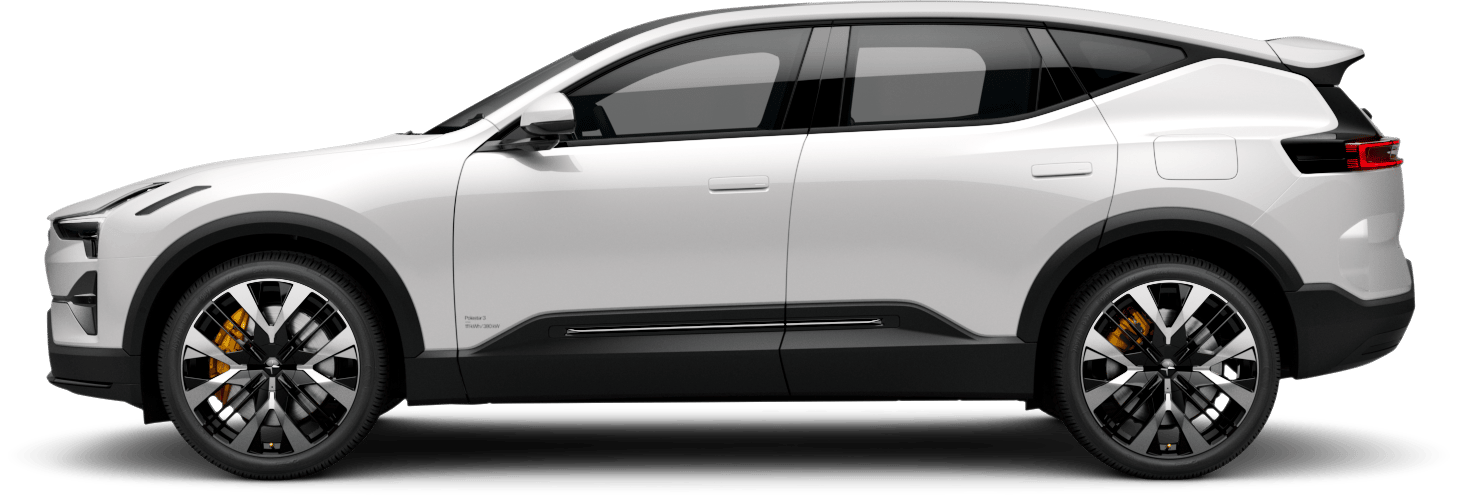Silence, set in stone
Silence can be peaceful. It can be awkward. And it can speak volumes. But sometimes, silence is just a void. An absence of engagement, commitment, or promise. In the context of car brand's climate goals, it's a blank to be filled in.
At COP26 last year, we could not keep silent. Instead, we engraved our climate goals in a block of granite and let car brands know that for every climate goal they announced, we would be taking note. In stone.But as it turned out, there was not much to take note of. Though a lot was said at the conference, only a handful of car brands were ready to commit to something even close to what is enough. So, what was supposed to be a historical document of promises, turned out to be a blank slate.Committing is the first step toward real change. Following up is the second, crucial in holding ourselves and others accountable. Keeping a steady course toward our set-in-stone goals, we recently issued a targeted call for collaboration in creating a climate-neutral car by 2030.For COP27, car brands will get a new chance to speak up. And we're urging them to take it. There's more than enough space left on the stone for every car brand out there to make a real commitment. To show the public that we, as an industry, aim to move toward climate-neutrality as fast as we can, not as slowly as we can get away with.This is proving to be ever more important, with new research revealing a strong consumer demand for legislation enabling a faster switch to EVs.A global study, presented by Polestar together with GlobeScan, involving 18,000 participants in 19 markets across North America, Asia Pacific, and Europe, found that 34% of consumers support a ban of ICE cars by 2030. And when asked about a 2035 scenario, that number rose to 47%.There's a time and a place for silence. But in the current era, silence on climate goals is a blank to fill in. And for that, November is the time, and COP27 is the place.








